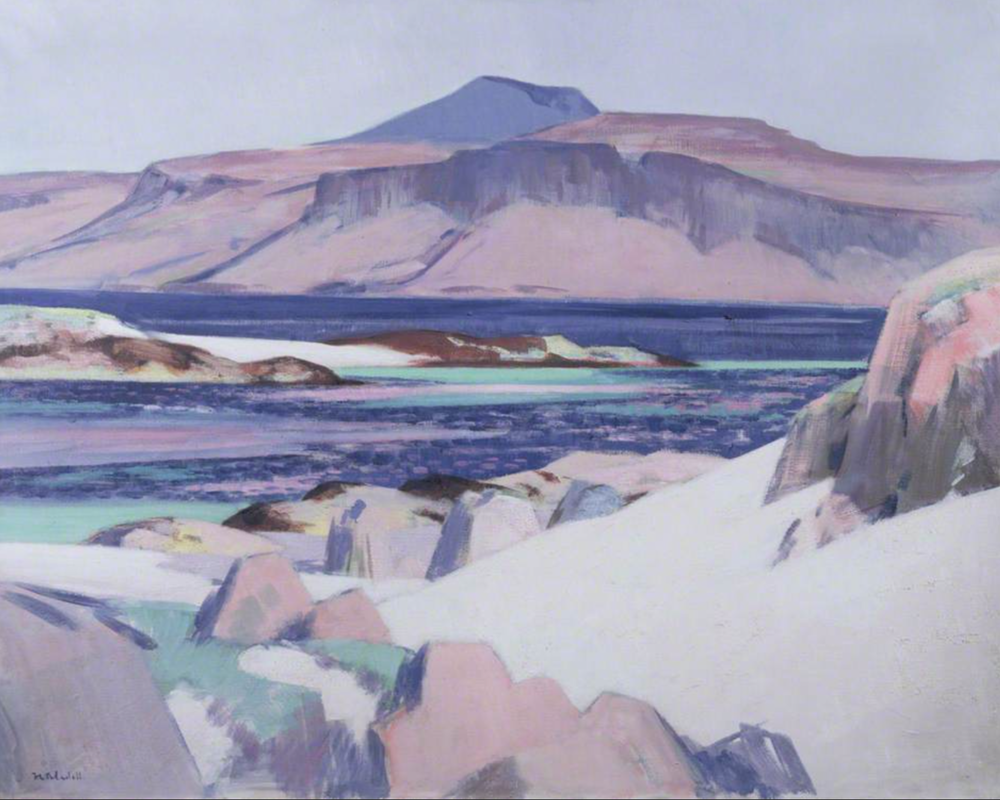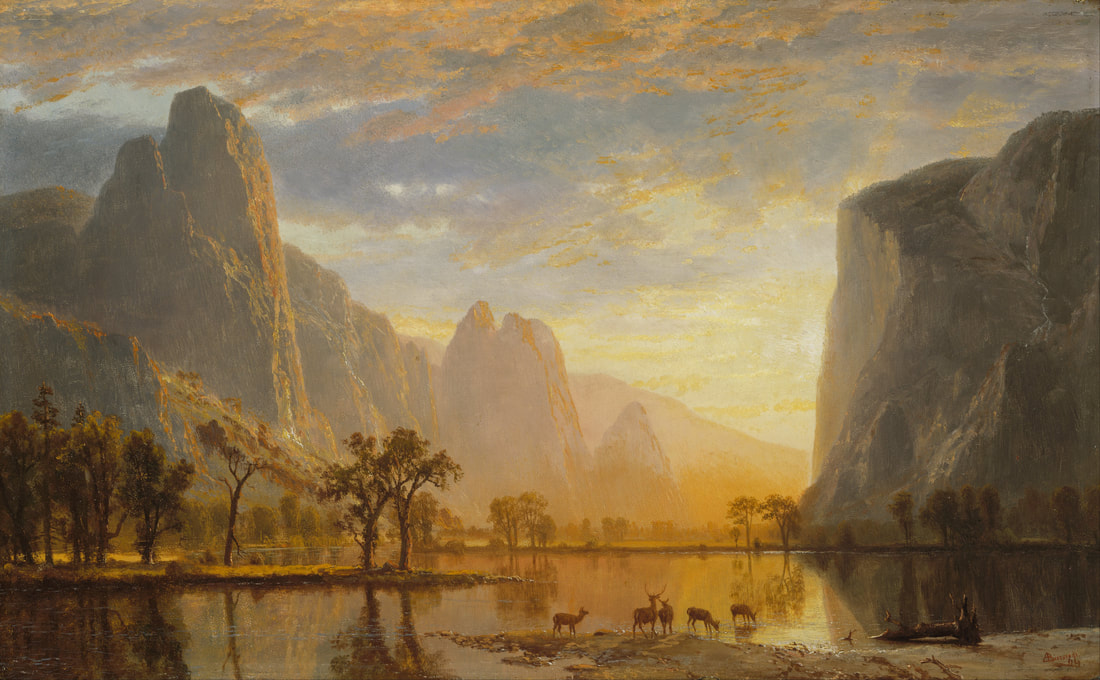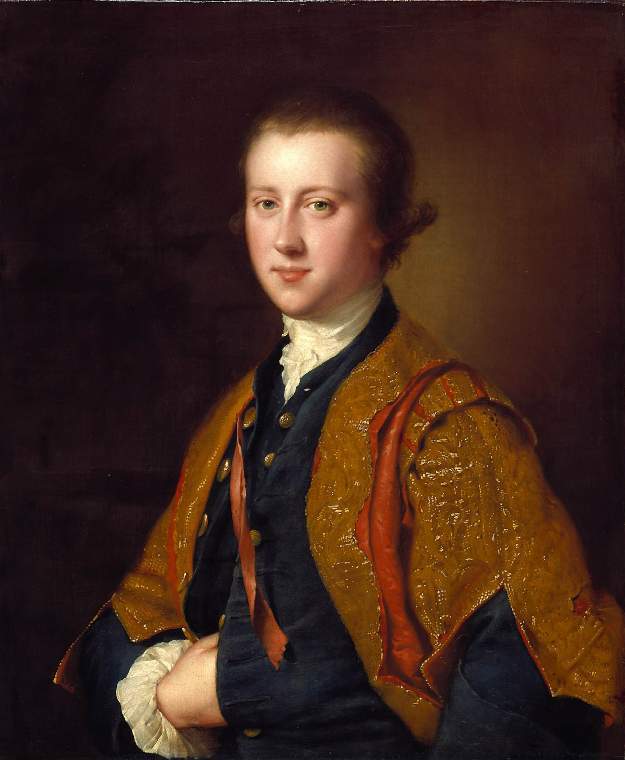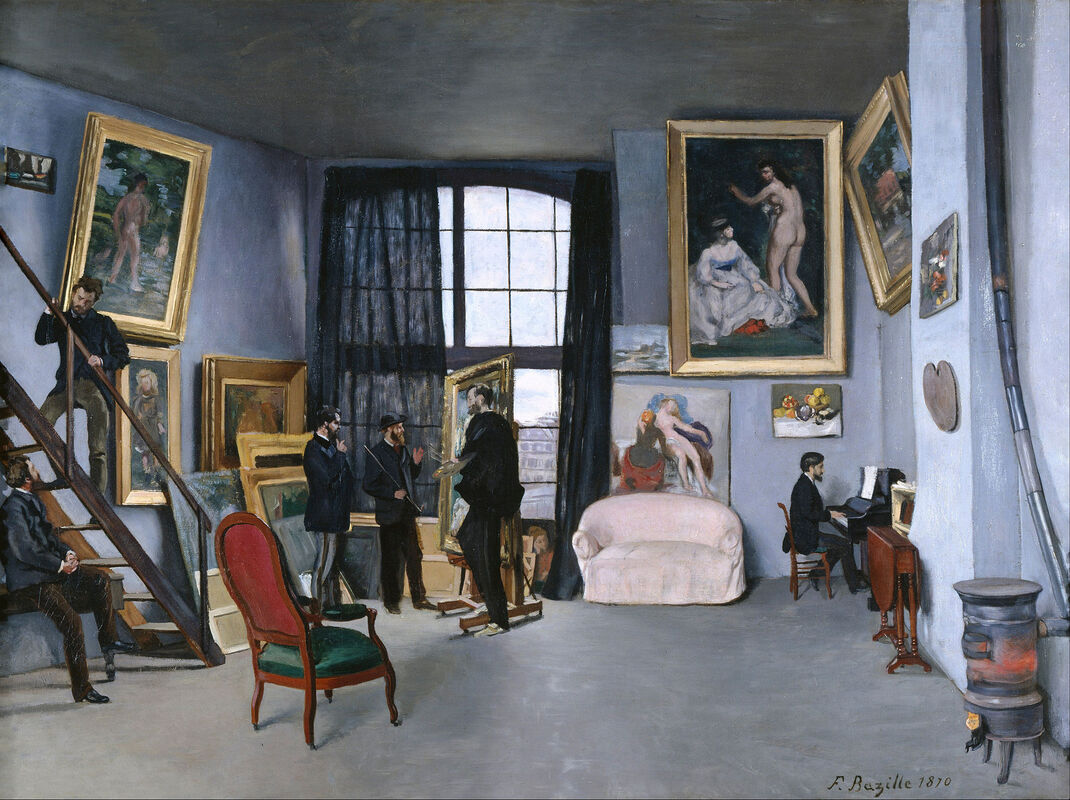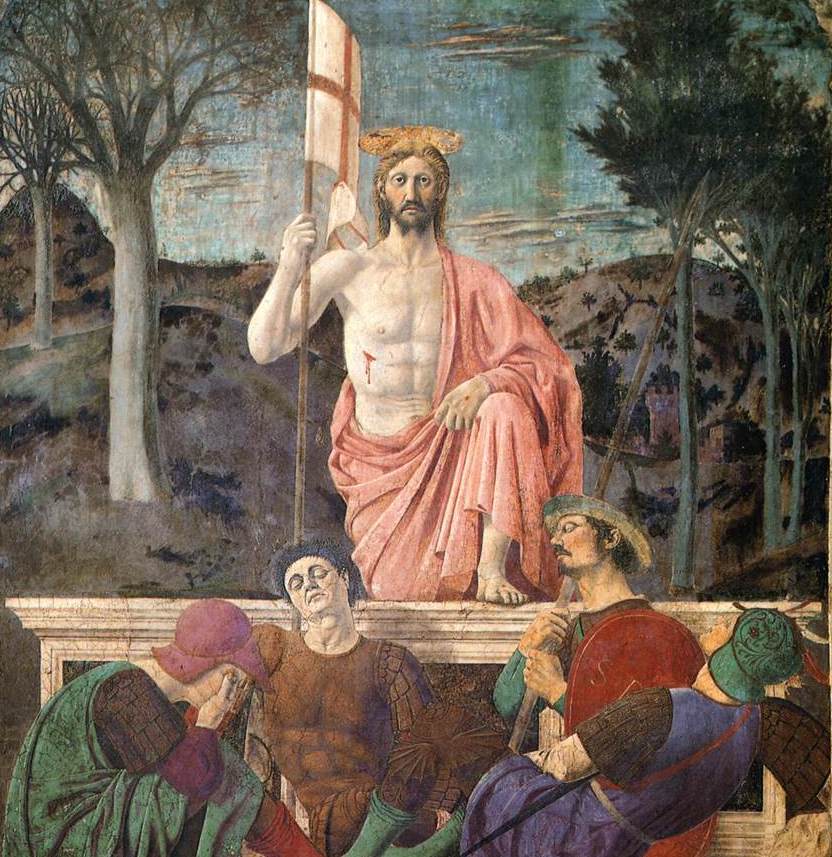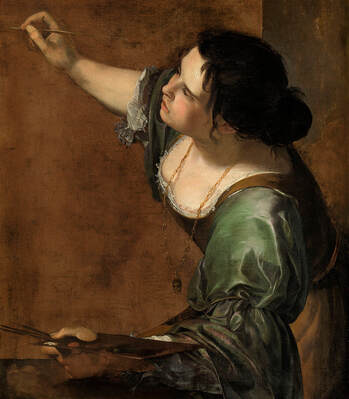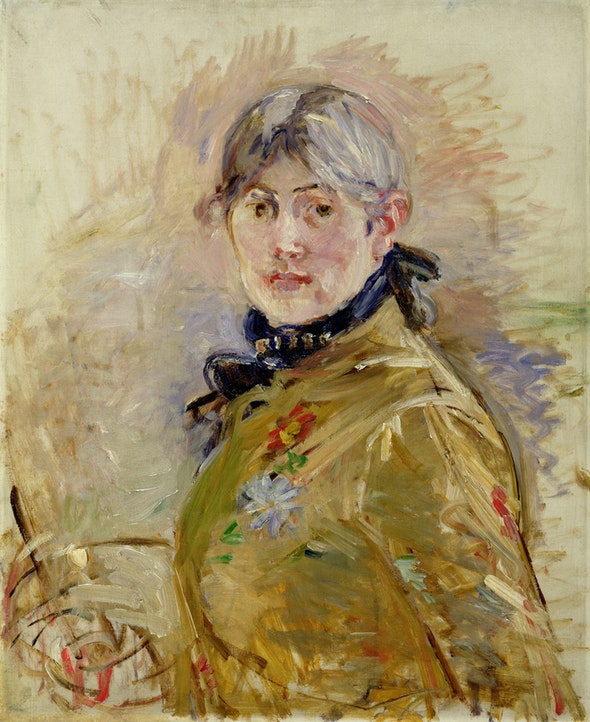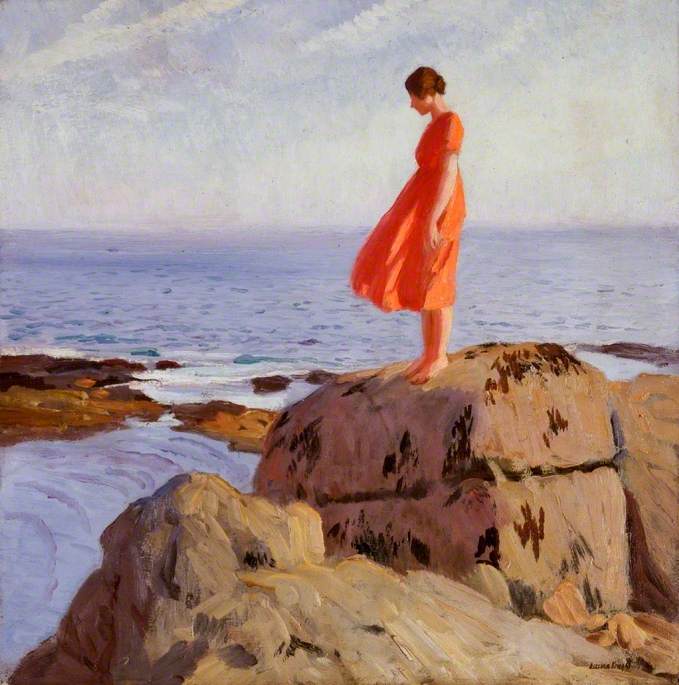|
All past courses and talks are still available as recordings and are listed below: The Art of Scotland: 1707-1950 (January-February 2024) In September 2023, the National Galleries of Scotland in Edinburgh opened their new galleries showcasing Scottish art and artists. This online course takes inspiration from these galleries, as well as works in other museum collections, as we chart the history of Scottish art. Over the course of four online lectures, we discuss the work of Scottish artists such as the portraitists Allan Ramsay and Henry Raeburn, the landscape painters Horatio McCulloch and William McTaggart, the realist painters known as the Glasgow Boys and the women artists who later became known as the Glasgow Girls. These included Mary and Frances McDonald who, together with their husbands Charles Rennie Mackintosh and Herbert McNair, shaped Scottish art and design at the beginning of the 20th century. We also look at the artists associated with the Celtic Revival and the Scottish Colourists - Cadell, Fergusson, Hunter and Peploe - who looked to mainland Europe for their artistic inspiration. The Birth of American Art (January-February 2023) This course charts the development of American Art from the colonial period to the start of the First World War. We will discuss the artists who captured the faces of the American Revolution, documented the nation’s landscape and geology, witnessed and recorded the events of the Civil War and created some of the most memorable images of the so-called ‘Gilded Age’ of prosperity and enterprise. Some of their names will be more familiar than others: works by John Singleton Copley, Thomas Cole, Sarah Miriam Peale, Albert Bierstadt, Winslow Homer, James Abbott McNeil Whistler, Cecilia Beaux and John Singer Sargent will all be included. Cost - £40 for link to recording Lord Fitzwilliam and his bequest to Cambridge (February 2022) The Fitzwilliam Museum in Cambridge was founded on the death of Richard, 7th Viscount Fitzwilliam in 1816, five years after the Dulwich Picture Gallery and eight years before the National Gallery in London. His bequest included paintings, drawings, prints, medieval manuscripts and books as well as a sum of money to build “a good substantial museum repository for the increase of learning”. Who was Lord Fitzwilliam? How did he acquire his extensive collection and what prompted him to leave it to the University of Cambridge? This talk will answer these questions by looking at Lord Fitzwilliam as a collector and benefactor as well as discussing some of the key works that formed part of his original bequest. Cost - £10 for link to recording Jim Ede and the creation of Kettle's Yard (February 2022) Kettle’s Yard in Cambridge has been described as “one of the country’s most intimate and spellbinding museums, the collection of one man and his unerring eye; restorative, homely yet life-changing”. This man was H.S. ‘Jim’ Ede, curator, writer, collector and friend to artists. In 1957, he opened his Cambridge home to university students as “a living place where works of art could be enjoyed… unhampered by the greater austerity of the museum or public art gallery.” His collection included works by Ben and Winifred Nicholson, Christopher Wood, Alfred Wallis and Henri Gaudier-Brzeska which were carefully placed alongside pieces of furniture, ceramics and natural objects. His curated home remains, by and large as he left it, characterised by its unique atmosphere, fascinating juxtapositions and personal connections. This talk will discuss the life of Jim Ede, his collecting, his vision for Kettles Yard and its enduring legacy. Cost - £10 for link to recording The Birth of British Landscape Painting (November 2021) Both Constable and his contemporary JMW Turner broke new ground in landscape painting but their 18th century predecessors had, in many ways, paved the way. This four week course will chart the development of landscape painting in Britain from the mid-18th century onwards, discussing the achievements of earlier artists such as Richard Wilson and Thomas Gainsborough and putting the work of Constable and Turner into context. Cost - £40 for link to recordings Painters of Modern Life: Pissarro, Bazille, Sisley and Caillebotte - 4 week course (May 2021) In 1863, the art critic and poet Charles Baudelaire published an essay entitled “The Painter of Modern Life” in which he urged artists to paint the world around them. The four artists who are the focus of this new course did just that.Each of them were key players in the Impressionist movement, but their names and contributions are not as well known as their contemporaries Monet, Renoir and Degas. This course will discuss in turn, the life and work of Camille Pissarro, Frédéric Bazille, Alfred Sisley and Gustave Caillebotte. We will look at a wide range of their paintings, explore their relationships with other artists and assess their legacies. Cost - £40 for link to recordings Hidden Cambridge: Medieval Manuscripts with Dr Anne McLaughlin (April 2021) Even before the doors of Cambridge colleges were closed due to the pandemic, the manuscript libraries of the colleges and university were amongst of the city's least accessible buildings, their collections remaining hidden, buried in vaults or squirrelled away under lock and key. In this talk, we will be given privileged access to these manuscripts which range from world famous gospel books to the earliest copies of Bede and from giant illuminated bibles, made for vanished foundations, to tiny prayer books, whose covers were embroidered by loving owners. We will explore their tangled stories, from sixth century Rome to the present day, through the knowledge and expertise of Dr Anne McLaughlin. Anne is a Senior Research Fellow at the National Gallery and a Director of Studies in Anglo-Saxon, Norse and Celtic at the University of Cambridge. She was formerly sub-librarian at The Parker Library, Corpus Christi College where she oversaw both their digital resources and the physical collection. Cost - £10 for link to recording The Art of Easter - 4 week course (March 2021) The events of Holy Week and Easter are central to Christianity and have inspired some of the world’s greatest masterpieces - Leonardo da Vinci’s Last Supper, Rembrandt’s The Three Crosses, Rubens’ Descent from the Cross and Piero della Francesca's The Resurrection. These works of art, together with many others, will be looked at and discussed in this new online course. At times the imagery can be harrowing, reflecting the brutality of the story itself, but it also reveals moments of tenderness, tension and triumph. Through the genius and imagination of the artist, we will travel from the darkness of the Crucifixion to the hope and light of the Resurrection as we explore some of the most dramatic and moving images in western art. Cost - £40 for link to recordings The Art of the Côte d'Azur - 6 week course (January - February 2021) In the late nineteenth century the Côte d’Azur became the destination of choice for European royalty and aristocrats who wanted to avoid the cold northern winter. Artists such as Monet, Renoir and Signac also travelled south to experience the bright light and vibrant colours of the Mediterranean. They were later followed by Picasso, Matisse, Chagall and others whose work is celebrated in the museums of Nice, Antibes and St Tropez. This course takes a virtual journey to warmer climes as we discover the art of the Côte d’Azur. We visit the Picasso museum in Antibes, the Léger museum in Biot and the Chagall museum in Nice as well as Matisse’s stunning Chapelle du Rosaire in Vence, which he described as his 'masterpiece', and the Maeght Foundation in the hills above Saint-Paul-de-Vence, created after a family tragedy. Cost - £60 for link to recordings The Christmas Story in Art - 4 week course (December 2020) In this series of online talks, we take a journey, along with the shepherds and magi, in search of the origins and meaning of the Christmas Story. The earliest depictions of the Nativity are found on 4th century Roman sarcophagi and since then artists have created images that tell the different parts of the story in a myriad of different ways. Why do the ox and the ass appear in nativity scenes? Why is Mary so often seen worshipping rather than holding her baby? Whose portraits do we find in the faces of the Magi? These and many other questions are explored as we follow the star, through some of the most beautiful and striking images in western art, to the manger. Cost - £40 for link to recordings The Art of the Self Portrait - 6 week course (October - November 2020) We live in the age of the “selfie” where smart phones and social media allow us to instantly create and share images of ourselves but the fascination with the ‘self’ is nothing new. This course will chart the history and development of the self portrait in Western art from medieval manuscripts to contemporary art. We will explore how the artists of the past saw themselves and look at the work of some of the greatest self portraitists including Albrecht Dürer, Rembrandt, Artemisia Gentileschi, Gustave Courbet and Vincent Van Gogh. Cost - £60 for link to recordings The New Hall Art Collection - Guest Lecture (October 2020) with Harriet Loffler, Curator of the New Hall Art Collection The New Hall Art Collection is one of the world's largest and most significant collections of works of art by women. In this online talk the curator discusses the history of the college, the start of the art collection and some of the works. Cost - £10 for link to recording The Women Impressionists - 4 week course (September 2020) The Impressionists were an innovative and radical group of artists whose work took Paris by storm in the 1870s. They reinvented the subject matter of art and how the world was depicted, using new colours and techniques to create paintings of modern life. The group included, from the beginning, women artists. Berthe Morisot, Mary Cassatt and Marie Bracquemond all exhibited at the Impressionist exhibitions but how much do we know about them? What and how did they paint? What obstacles and prejudices did they face as women artists? This course explores these questions and many more. Cost - £40 for link to recordings The Art of Cornwall - 4 week course (July 2020) Throughout the history of art particular places at particular times have inspired intense periods of creativity. From the late 19th century, Cornwall became a focus for artists, beginning with the artists' colony at Newlyn and then the Lamorna Group. In the 20th century, St Ives was home to British modernists such as Bernard Leach, Barbara Hepworth and Ben Nicholson who in turn inspired and were challenged by a younger generation that included Peter Lanyon, Roger Hilton, Patrick Heron and Wilhelmina Barns-Graham. The course will look at the work of these artists and others who lived and worked in Cornwall from the 1880s to the 1970s and explore their artistic influences, relationships and legacy. Cost - £40 for link to recordings Teatime Talks on Tuesdays
A series of six short talks taking a thematic approach to works in Cambridge collections. Each talk is fully illustrated and takes a thematic and engaging approach. There is a charge of £5.00 to receive a recording of one of the following talks, each of which is approximately 30 minutes in length. Cost - £5 per talk for link to recording "A Gust of Wind" (26.05.20)
This online talk explores the theme of 'wind' by looking at a number of paintings and objects from the Fitzwilliam Museum and Kettles Yard including works by Jacob van Ruisdael, Pierre Auguste Renoir and Alfred Wallis. "Portrait of a Lady" (02.06.20) Starting with some of the smallest portraits in the museum, this talk will look at some of the different images of women in Cambridge collections including works by Van Dyck, Hogarth and Duncan Grant. "Beasts and Birds" (09.06.20) This talk looks at a menagerie of creatures from the strange beasts found in the marginalia of medieval manuscripts to Henri Gaudier Brzeska's depictions of cats, dogs and birds as well as works by Rolandt Savery and Rubens. "Apples and Pears" (16.06.20) When did artists first start painting still lives? Why do apples appear in classical and Christian art? Who said "I will astonish Paris with an apple"? Find out as we discuss works of art from Kettles Yard and the Fitzwilliam Museum. "Mirror, Mirror" - (23.06.20) This talk will discuss artist's self portraits in Cambridge collections including works by Rembrandt, Christopher Wood and Stanley Spencer. How do artist's see themselves? What, if anything, do they reveal in their self portraits? How much should we read into these images as we look at them with 21st century eyes? "At Home" - (30.06.20) Many of us have been spending a lot of time at home over the past few months. This talk will discuss works of art that take us through the keyhole into private spaces including works by Jan Steen, Camille Pissarro and Edouard Vuillard. |
|
